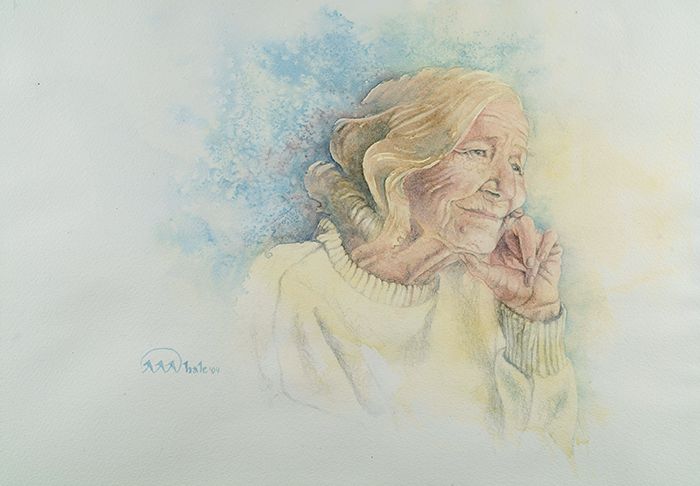By Phyllis Footz
Healthy Aging Nurse
There are over 76 million baby boomers (those born between 1946 and 1964) who will soon be known as senior citizens. The perception of old age has changed because of this generation who believe 61 years is considered middle age.
On average, Albertans today say that 71 years of age is when someone is considered “old”. Fifty years ago it was average life expectancy. The expression “senior citizen” originated in the late 1930s referring to an elderly or aged person who was retired and supported by Social Security Benefits now called Old Age Pension.
Becoming old does not always mean ill health or disability; however the risk of both does increase with age. Canadian Medical Association claims that Canadians over age the age of 65 consume 44 percent of the health care budget (December 2013). Hence they are promoting programs and supports to promote healthy aging.
- Comprehensive continuum of a variety of health services to provide the best care and support older Canadians.
- Promote an environment and society that is age friendly.
- Support programs for physical activity, injury prevention, nutrition, and mental health.
With a greater life expectancy comes need for greater personal responsibility for our health. We all need to be engaged in our health journey. The World Health Organization (WHO) regards active aging as a lifelong process shaped by several factors that, alone and acting together, favour health, participation and security in older adult life.
Living with “chronic disease” may hinder our ability to do certain activities but by maintaining a constructive, problem solving attitude it will allow us to embrace the joys of living. As health becomes more complex, the importance of maintaining your relationship with your family doctor is crucial.
Painting by Mary Whale
